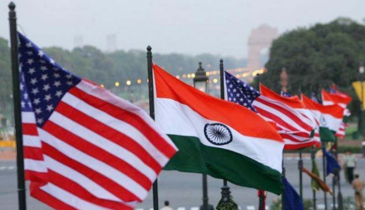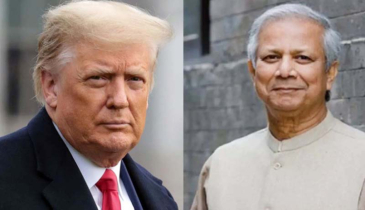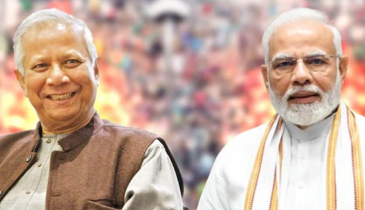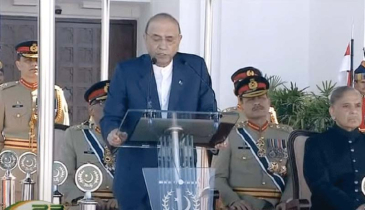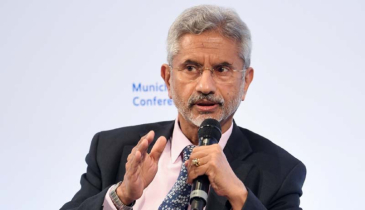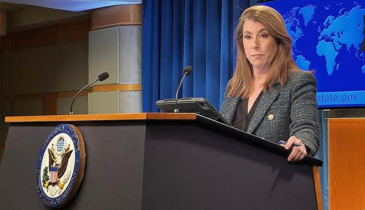Bangladesh PM writes back to US President Biden
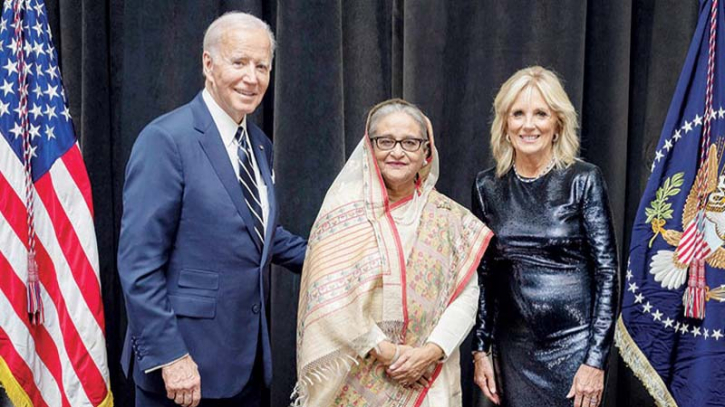
Bangladesh's Premier Sheikh Hasina has written back to US President Joe Biden as Dhaka-Washington relations turn a new page despite pre-election unease.
Foreign Minister Dr Hasan Mahmud conveyed a copy of the letter to Eileen Laubacher, special assistant to the US president and senior director for South Asia at the US National Security Council (NSC), during a meeting on Sunday. The original letter will be delivered to the White House by Bangladesh's Ambassador to the US, Muhammad Imran.
US-Bangladesh relations were under scrutiny following Washington's interest in the January 7 general election. Post-election, the US issued a statement expressing concerns about the fairness of the polls, leading to speculations about a potential deterioration in ties.
However, the course of discussion changed with President Biden's letter to Prime Minister Hasina, where he expressed his commitment to collaborating with her to achieve Bangladesh's economic goals. The US president also indicated a willingness to partner with Bangladesh in realizing their shared vision for a free and open Indo-Pacific.
Biden stated, "The United States is committed to supporting Bangladesh's ambitious economic goals and partnering with Bangladesh on our shared vision for a free and open Indo-Pacific." The letter, shared by the US embassy in Dhaka on February 4, outlined the sincere desire of the Biden administration to continue collaborative efforts on regional and global security, economic development, climate change and energy, global health, humanitarian support (especially for Rohingya refugees), and more.
Following a meeting with Biden's special representative, Foreign Minister Hasan Mahmud emphasized the US as a "major development partner" for Bangladesh. Discussions focused on deepening the relationship and initiating a new chapter between the two nations. Topics included increasing bilateral trade and investment, enhancing security cooperation, developing the labor environment, and securing cooperation from the United States Agency for International Development (USAID) in combatting climate change.
During the meeting, USAID Asia Bureau Assistant Administrator Michael Schiffer and State Department Deputy Assistant Secretary for South and Central Asia Afreen Akhter were also present. A subsequent media note from the US embassy highlighted their commitment to supporting a prosperous, secure, and democratic Bangladesh. The discussions centered around mutual interests, including economic development, security, refugees, climate, labor, and trade.
.png)


